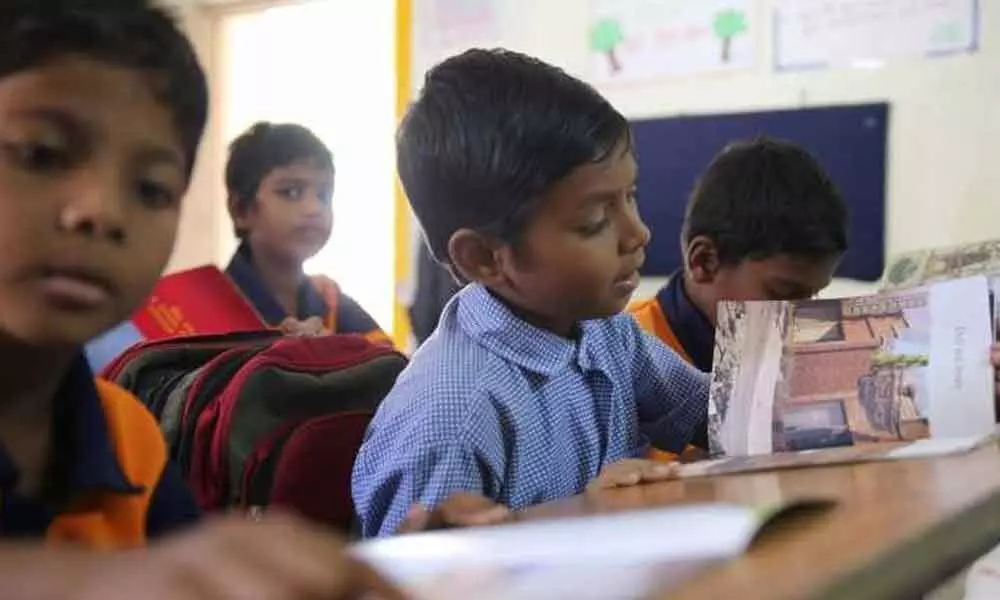Hyderabad: Experts stress on benefits of vernacular medium

Hyderabad: The final dissemination event for the Multilingualism and Multiliteracy (MultiLila) research project concluded at the English and Foreign Languages University (EFLU) on Wednesday. It was attended by the State government and education sector representatives from Telangana, Andhra Pradesh, and Central Board of Secondary Education (CBSE).
MultiLila is led by the University of Cambridge with co-investigators from the University of Reading, The English and Foreign Languages University, Jawaharlal Nehru University and National Institute of Mental Health and Neuro Sciences (NIMHANS) Bangalore, in co-operation with the British Council and other key Indian partners, including the Language and Learning Foundation.
The four-year (May 2016 – April 2020) longitudinal project has been funded by the UK's Economic and Social Research Council and Department for International Development.
Prof E Suresh Kumar, the EFLU Vice-Chancellor, referred to his personal experience of studying in a vernacular medium and acquiring English language proficiency in a multilingual context. He dwelt on the process in acquiring second language proficiency growing up in a multilingual context through procedural syllabi taught in a controlled classroom situation.
Terming the level of achieving proficiency in such contexts as discerning experiences for a learner, he said that the learners gain interchangeable linguistic insights. The benefit is concrete and loud in the process of learning different languages and understanding the cultural underscores, he said. He wished that the "MultiLila" project prove to be of great help in raising teacher awareness in dealing with the language anxieties and inhibitions of the primary and advanced learners. He felt sure that this will result in opening up challenging areas of research in language learning and teacher education.
Prof Lanthi Maria Tsimpli, University of Cambridge, said, "The multilingual diversity of Indian classrooms has been a lesson for UK and internationally-based researchers. Children from disadvantaged backgrounds in India bring rich life skills and a strong multilingual and multicultural heritage, which enhance the learners' cognitive skills. Bringing these skills to a classroom where multilingual, learner-centred approaches are used can improve the learning experience and the learning outcomes."
Barbara Wickham, OBE, Director India, British Council, said, "Today, we work with States across India to support their economic growth and knowledge ambitions through teacher training and skills programmes for young people. In this vein, our association with the MultiLila project aims to identify challenges and explore ways to address these and improve learner outcomes. We are looking forward to the final result of this initiative undertaken by multiple India and UK partners."

